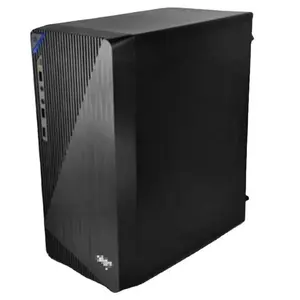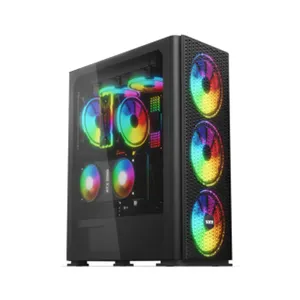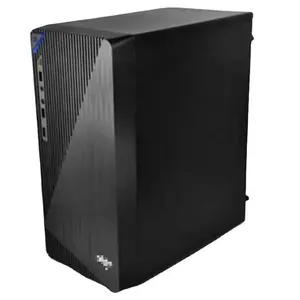When considering the acquisition of a desktop system unit for business purposes, it's essential to assess your specific needs. The type of work you do, whether it involves resource-intensive applications or multitasking, will influence the kind of desktop system unit that's appropriate for your operations. For instance, if your business activities include graphic design or video editing, a system with a robust central processing unit (CPU) and ample random access memory (RAM) is crucial. The CPU acts as the brain of your computer, with its speed, measured in gigahertz (GHz), directly impacting overall performance. A multi-core processor is a baseline for business computers, ensuring efficient handling of multiple tasks simultaneously.
RAM is another critical component, serving as your computer's short-term memory, which temporarily holds data for quick access. The more RAM, the smoother the multitasking experience. For business computers, a minimum of 8GB of RAM is recommended, with 16GB being ideal for more demanding tasks. Additionally, storage solutions are vital for maintaining business data. Solid state drives (SSDs) are preferred over traditional hard drives for their speed and reliability. A 250GB SSD is typically sufficient for most business needs, with cloud services or external drives providing additional storage options.
The physical aspects of the system unit, such as size and weight, should also be considered, especially if the workspace is limited or if the unit needs to be portable. Moreover, ensure the system has an adequate number of ports for connecting necessary peripherals and that it includes wireless connectivity options like Bluetooth and Wi-Fi. While evaluating these specifications, it's important to balance performance needs with budget constraints to find a desktop system unit that not only meets your business requirements but also offers value for money.




































 浙公网安备 33010002000092号
浙公网安备 33010002000092号 浙B2-20120091-4
浙B2-20120091-4